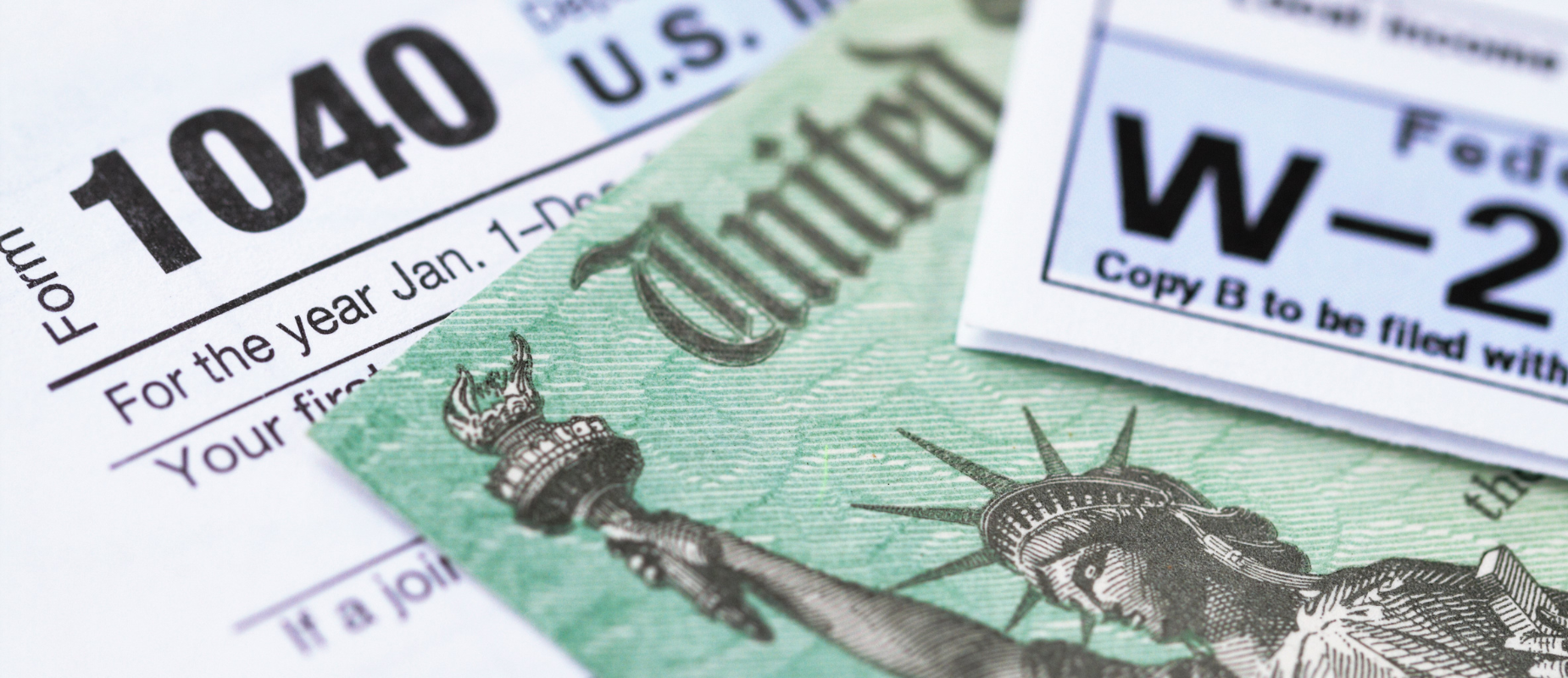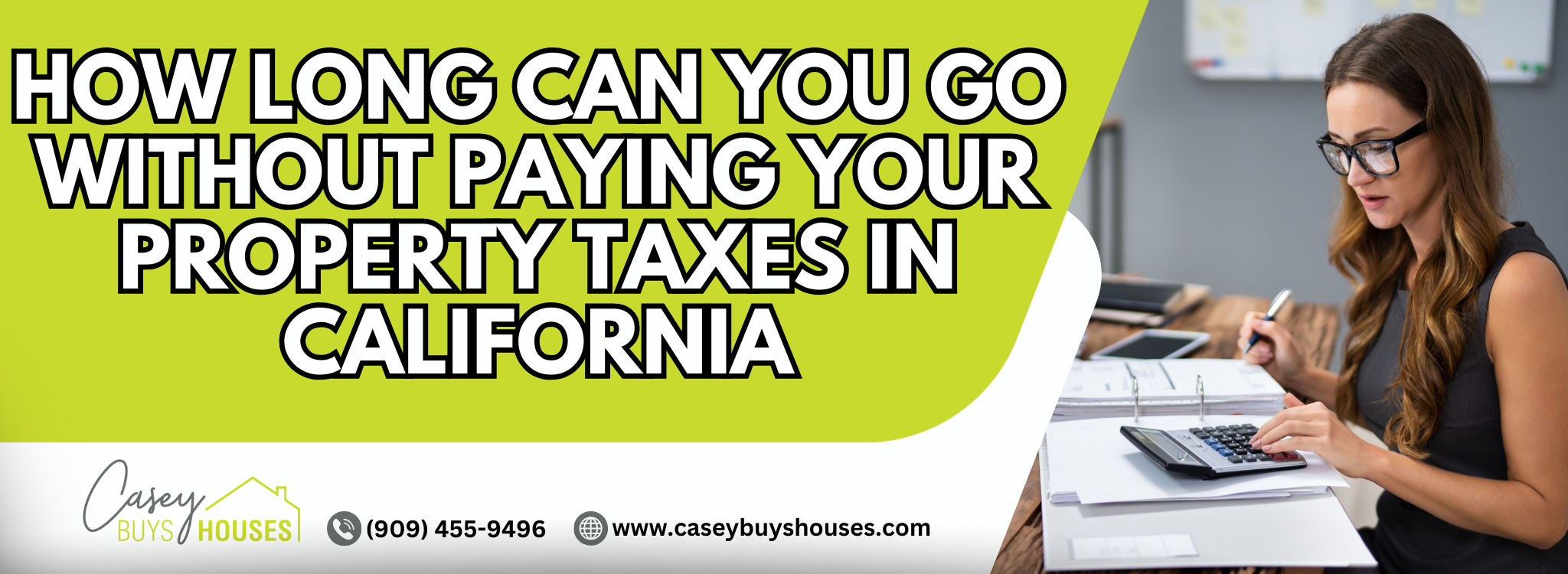
California Property Tax Delinquency: Key Deadlines
What Are The Important Deadlines For Property Tax Payments In California?
To avoid penalties, California residents must keep track of their property tax dates. Property taxes are normally paid in two installments. The first installment is due November 1st and becomes delinquent after December 10th. The second installment is due on February 1st and is due by April 10th. Homeowners must submit their tax payments by these deadlines. The county tax collector is responsible for issuing tax bills, so being updated through their correspondence is critical.
How Does Missing A Payment Deadline Impact Property Owners?
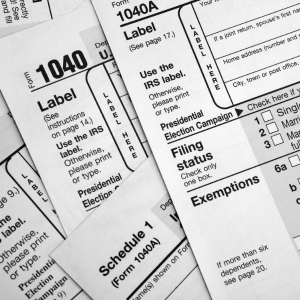
Missing a property tax payment deadline can have serious ramifications for California homeowners. When deadlines are missed, penalties and interest are added to the total amount payable. Delinquent property taxes result in additional costs, which can accumulate over time if not addressed promptly. Unpaid property taxes may result in more serious actions, such as a tax sale auction of the property. Owners must comprehend these risks to avoid the negative consequences of delinquency.
What Penalties Apply For Late Property Tax Payments?
A 10% penalty is applied to any outstanding balance beyond the delinquency date in California. If the second installment is not made before June 30th, an additional $10 fee is imposed, and interest accrues at 1.5% per month on the outstanding balance. These charges emphasize the significance of making on-time payments to prevent accruing fees and interest. Property owners can better manage their financial responsibilities by staying informed about due dates and prospective charges.
Legal Consequences of Unpaid Property Taxes in California
What Happens If You Fail To Pay Your Property Taxes On Time?
Failing to pay property taxes by the deadline in California can result in substantial financial and legal consequences. When property taxes are not paid, they become delinquent, resulting in penalties and interest. Late payments often incur a 10% penalty and extra monthly interest. These charges compound over time, increasing the total amount owed and putting further hardship on the property owner.
How Can Unpaid Property Taxes Lead To Foreclosure?
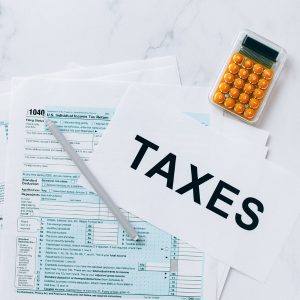
Unpaid property taxes in California can result in foreclosure. If property taxes are not paid, the county may place a tax lien on the property, reflecting the taxpayer’s default. This lien authorizes the county to initiate a tax deed sale. The property may be auctioned during this process to recoup the outstanding taxes. However, California has a redemption period during which property owners can pay their owed taxes and avoid the sale of their land. The foreclosure procedure will continue if they fail to do so within this time frame.
What Legal Actions Can The State Take Against Delinquent Taxpayers?
California has numerous methods for dealing with unpaid taxpayers. The main step is filing a tax lien on the property, a formal claim. If the debt is not paid, the county can seize the property and arrange a tax auction to recoup the taxes owed. The county tax collector is an important figure in managing these actions. Understanding these potential legal ramifications emphasizes making timely tax payments to avoid serious problems.
Understanding Tax Default and Redemption Periods
How Long Can You Go Without Paying Your Property Taxes Before Default?
In California, property owners must pay their taxes on time to avoid penalties. If property taxes are not paid by 5:00 p.m. on June 30th after the fiscal year ends, they become delinquent. This marks the start of the tax default period in California. Once in default, the tax collector imposes penalties and interest on the unpaid taxes. Continued delinquency can lead to foreclosure, making it crucial to address defaults promptly under California property tax laws.
What Is The Redemption Period, And How Does It Work?

California’s tax redemption period allows property owners to keep their properties by settling their debts. Owners have five years to pay all taxes, penalties, and interest to redeem the property. They retain ownership rights if they pay the full redemption amount within these five years. During this period, the property won’t be sold. However, if the debt isn’t cleared within five years, the property may be sold at a tax-defaulted sale in California.
Can Property Owners Redeem Their Taxes After The Redemption Period?
After the tax redemption period expires, property owners have limited options. Generally, redeeming property taxes in California after five years is not allowed. At this point, the property is subject to foreclosure. The property might be auctioned to recover the owed taxes, leading to the loss of ownership. Although rare legal remedies might exist, the default usually causes property loss. Property owners should seek professional advice to navigate tax issues and protect their property rights.
Options for Managing Property Tax Debt
What Payment Plans Are Available For Delinquent Property Taxes?
In California, there are numerous ways to deal with past-due property taxes. Property tax installment plans allow homeowners to pay their taxes over time rather than all at once. This plan assists those who are unable to pay in full at once by spreading out payments.
- Property Tax Installment Plan: Homeowners can agree with the county tax collector to pay in installments. These plans spread the tax burden over time, making it more manageable.
- Paying Property Taxes: It’s important to contact your local tax collector’s office to learn about the specific payment plans available. Each county might have different rules and penalties for late payments.
For more detailed guidance on payment options, it’s a good idea to speak with legal or financial advisors familiar with state laws.
How Can You Negotiate Your Property Tax Debt With The County?
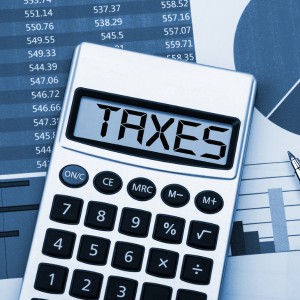
Negotiating property tax debt in California necessitates direct contact with the county where your property is situated. Understanding this process might result in decreased penalties or improved repayment terms.
- Steps to Negotiate:
- Contact the County: Reach out to the county tax assessor’s office before taxes are offered for sale or go into redemption.
- Present Your Case: Have documentation that shows why you can’t pay the full amount, like proof of financial hardship.
- Explore Options: Some counties may offer temporary relief programs for those with genuine financial need.
Legal entities, such as Entity3 and Entity4, can provide valuable guidance during negotiations to ensure compliance with California law.
Are There Programs Available For Property Tax Assistance In California?
California offers various services to assist homeowners in managing their property tax obligations. These initiatives provide both immediate and long-term financial assistance.
- California Property Tax Assistance Programs: These programs offer financial help to homeowners, focusing on seniors, low-income households, and people with disabilities.
- Property Tax Deferral Program: This program allows eligible homeowners to delay some property tax payments until the home is sold or transferred.
- Social Services Property Tax Relief: Local social services departments run this program to reduce tax liabilities for low-income residents or those facing financial hardships.
For details on eligibility and applications, consulting experts from organizations like Entity1 and Entity3, or a California tax law professional, can be beneficial. Engaging with these programs can ease financial stress and effectively manage property tax debts.
Avoiding Tax Foreclosure and Protecting Your Property
Tax foreclosure can be difficult, especially in jurisdictions like California, where the legal landscape is complicated. Homeowners must learn how to avoid property tax fines and protect their assets.
What Steps Can Be Taken To Avoid Tax Foreclosure?
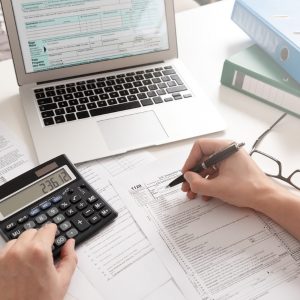
There are several proactive measures you can take to avoid tax foreclosure:
- Timely Payment of Property Taxes: The simplest way to avoid foreclosure is to pay your property taxes on time. Check with your local tax authority for deadlines.
- Redemption Period: If you fall behind on taxes, know about the redemption period. This allows you to reclaim your property by paying the delinquent amount plus interest and fees.
- Installment Payment Plans: If you’re struggling to pay the full amount at once, consider negotiating an installment payment plan with your county’s tax office.
- Professional Negotiation: In California, professionals can help negotiate property taxes, potentially reducing the total amount owed and avoiding foreclosure.
How Can Homeowners Appeal Their Property Tax Assessments?
Disputing your property’s assessed value can sometimes reduce your tax burden. Here’s how the appeal process works:
- Review Your Assessment: Obtain a copy of your assessment from the county assessor’s office and compare it with similar properties in your area.
- File an Appeal: If discrepancies are found, file an appeal with the appropriate county board. This involves submitting evidence supporting your claim of overvaluation.
- Property Tax Dispute in California: Specifically, in California, you can dispute property tax assessments through detailed documentation to potentially lower your tax responsibility.
- Seek Professional Advice: Consider hiring a tax attorney or consultant specializing in property tax appeals to effectively guide you through the process.
Why Is It Essential To Seek Legal Advice Regarding Property Tax Issues?
Legal guidance is vital when dealing with property tax issues because:
- Understanding Legal Consequences: Failing to pay property taxes can lead to serious consequences, including property seizure or other legal actions against delinquent taxpayers.
- Complexity of Tax Laws: Navigating the intricacies of state and local tax codes, particularly in California, requires expertise that a qualified tax attorney can provide.
- Personalized Legal Strategies: A tax attorney can offer strategies to manage your situation, potentially mitigating the impact of unpaid taxes.
Consult with professionals to protect your property and finances. Contact a qualified tax attorney for more information and advice tailored to your situation.
FAQs:
How Long Can A Property Go Without Paying Taxes In California Before It Is Sold?
In California, if property taxes are unpaid for five years, the property may be sold at a tax auction. However, the owner can redeem it by paying the back taxes and fees within this period.
What Are The Legal Consequences Of Not Paying Your Property Taxes In California?
Suppose you do not pay property taxes in California. In that case, you may face penalties and interest charges and potentially have your property sold at a tax deed auction if not redeemed during the redemption period.
Is There Any Property Tax Forgiveness Program Available In California?
California generally does not offer a property tax forgiveness program. However, you might be eligible for a tax penalty waiver in financial hardship. Checking with local tax authorities or consulting a legal expert is a good idea.
Can Your Property Be Sold If You Go Without Paying Taxes?
Yes, if taxes remain unpaid for over five years, the county can sell your property at a tax sale. Redeem it before this period to avoid the sale.
What Strategies Exist To Manage Or Reduce Property Tax Liabilities In California?
Owners can appeal property valuations, request tax penalty waivers, or use installment plans to handle tax liabilities. A tax advisor can suggest personalized strategies.
How Does The Redemption Process Work For A Property With Unpaid Taxes?
To redeem a property, pay all taxes, penalties, and interest back within five years. This restores your rights and prevents an auction sale.
What Are The Implications For Commercial Properties Located In California With Unpaid Taxes?
Unpaid taxes on commercial properties lead to consequences similar to those on residential properties, such as penalties and possible sales. The redemption process also applies, so prompt action is necessary.
Are There Specific Laws Governing The Purchase Of Tax Liens In California?
Yes, buying tax liens in California is regulated by state laws. Interested buyers need to participate in public auctions. It’s important to understand these requirements before purchasing.
Key Insights
- California tax laws mandate the timely payment of property taxes. Failure to pay can lead to action from the state, such as placing tax liens on properties with back taxes.
- Knowing your taxes and complying with state regulations is crucial to avoid penalties and further legal action.
- In California, not paying property taxes results in a five-year redemption period. You can settle unpaid taxes by paying the redemption amount during this time.
- If you don’t act within these five years, the state may sell your property through a tax sale to recoup delinquent taxes.
- The social services property tax in California provides exemptions or reductions for eligible individuals, ensuring their compliance with California tax laws.
- To prevent issues with property ownership and taxes, register your property correctly with all necessary entities.
- Understanding your property’s value assessment is vital, as it affects the annual tax you owe the state.
- The tax assessor’s office might conduct site visits to ensure accurate property valuation and taxation.
- California offers flexible payment methods for property taxes, including online payments, in-person transactions at designated offices, and mailing a check.
- When purchasing tax liens in California, consult with legal experts to understand investment complexities and responsibilities.
We’ve got you covered if you want to sell a house in California. Whether you’re in Chino, Long Beach, Riverside, Santa Clarita, San Bernardino, or any nearby area, these insights will help guide you through the process. At Casey Buys Houses, we specialize in buying houses and making the selling experience as smooth as possible. No matter your situation, we’re here to help. Read on to learn more about selling your home quickly and efficiently. For personalized assistance or to get an offer on your house, Contact Us at (909) 455-9496 .
We Buy Houses California
We buy houses in ANY CONDITION in California. There are no commissions or fees and no obligation whatsoever. Start below by giving us a bit of information about your property or call (909) 455-9496 …

